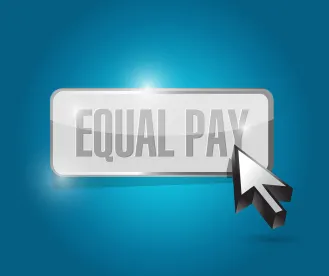New York Governor Andrew Cuomo signed two bills into law yesterday, amending Labor Law §194, to address the much-discussed "wage gap."
New York previously barred pay differences based on gender, but the law signed yesterday amends this measure to include all other protected classes. The new law greatly expands the pay-equity protections afforded by the federal Lily Ledbetter Equal Pay Act and the prior version of Labor Law §194. Employers now are prohibited from paying employees within a protected class differently from others outside the class for equal or "substantially similar work," the same broad standard used in New Jersey and California. Exceptions exist for pay differences based on seniority, merit, "quality or quantity of production," or another "bona fide factor," such as education, training, or experience.
Additionally, New York joined a growing list of states and municipalities barring employers from asking prospective employees about their previous salary. While applicants may, as a part of negotiations, voluntarily disclose their salary history, employers are prohibited from relying on prior history to determine the individual's salary offer. Presumably, an employer may raise a salary offer based on a voluntary disclosure, but it is unlikely that such a disclosure could be used to lower an offer.
In the last year, we have seen sweeping changes to the legal landscape for New York employers with more changes poised to be implemented in the coming days and weeks. As pay equity and salary history issues are increasingly in the news, New York employers should audit and review their compensation systems and hiring practices now. New York's amended pay equity law goes into effect in October 2019, but employers have until January 2020 to prepare for the salary history ban.






 />i
/>i
